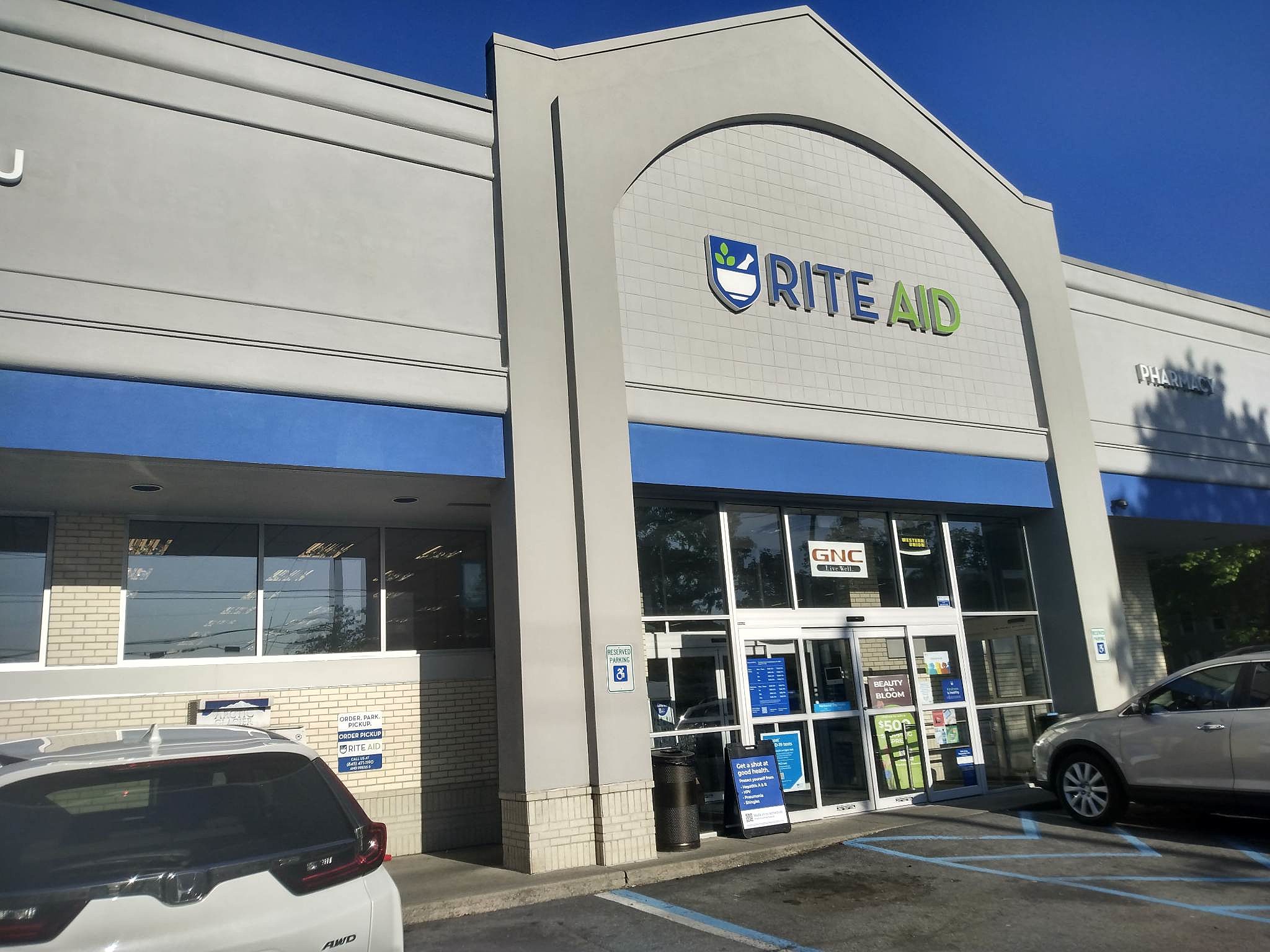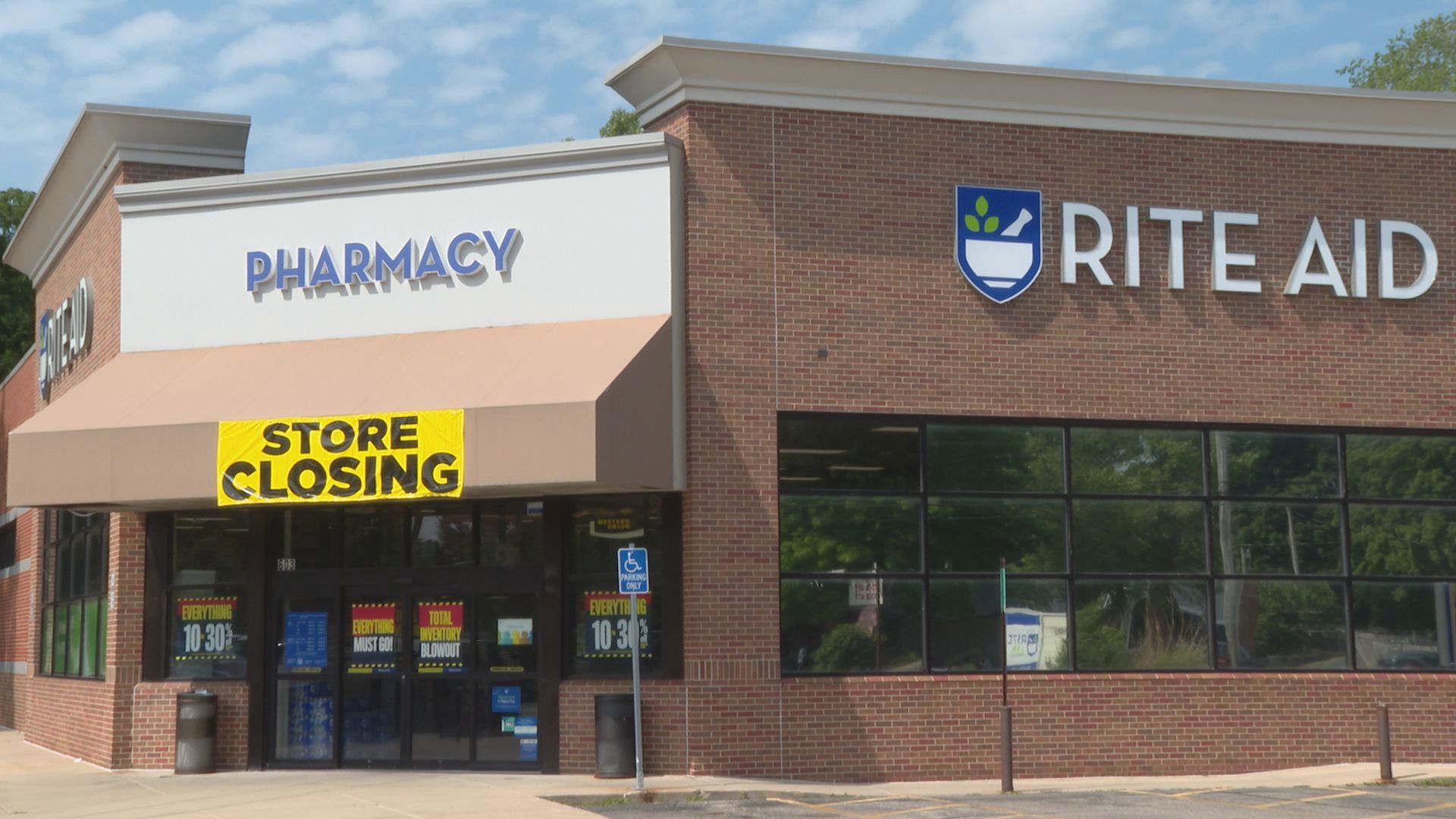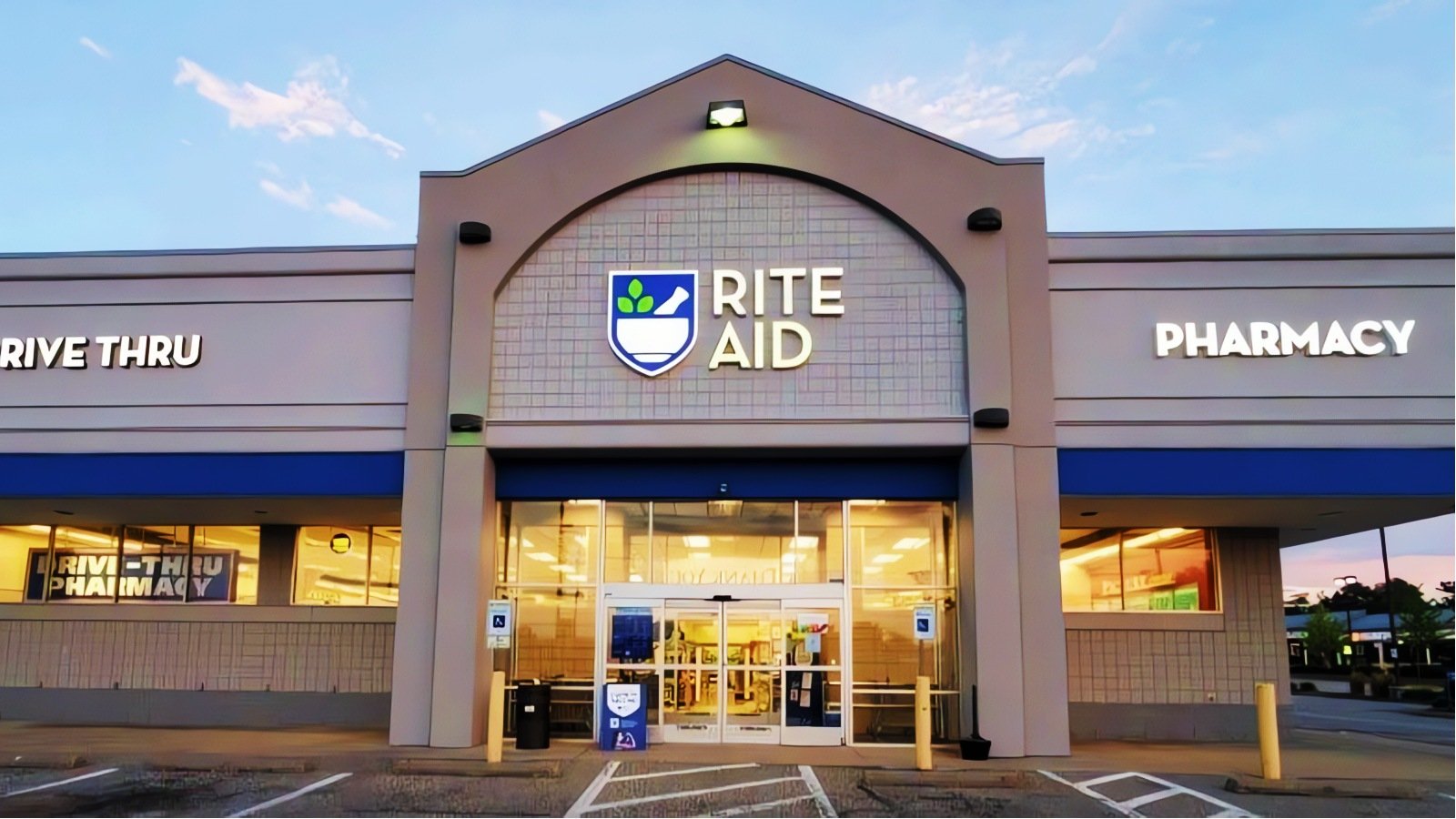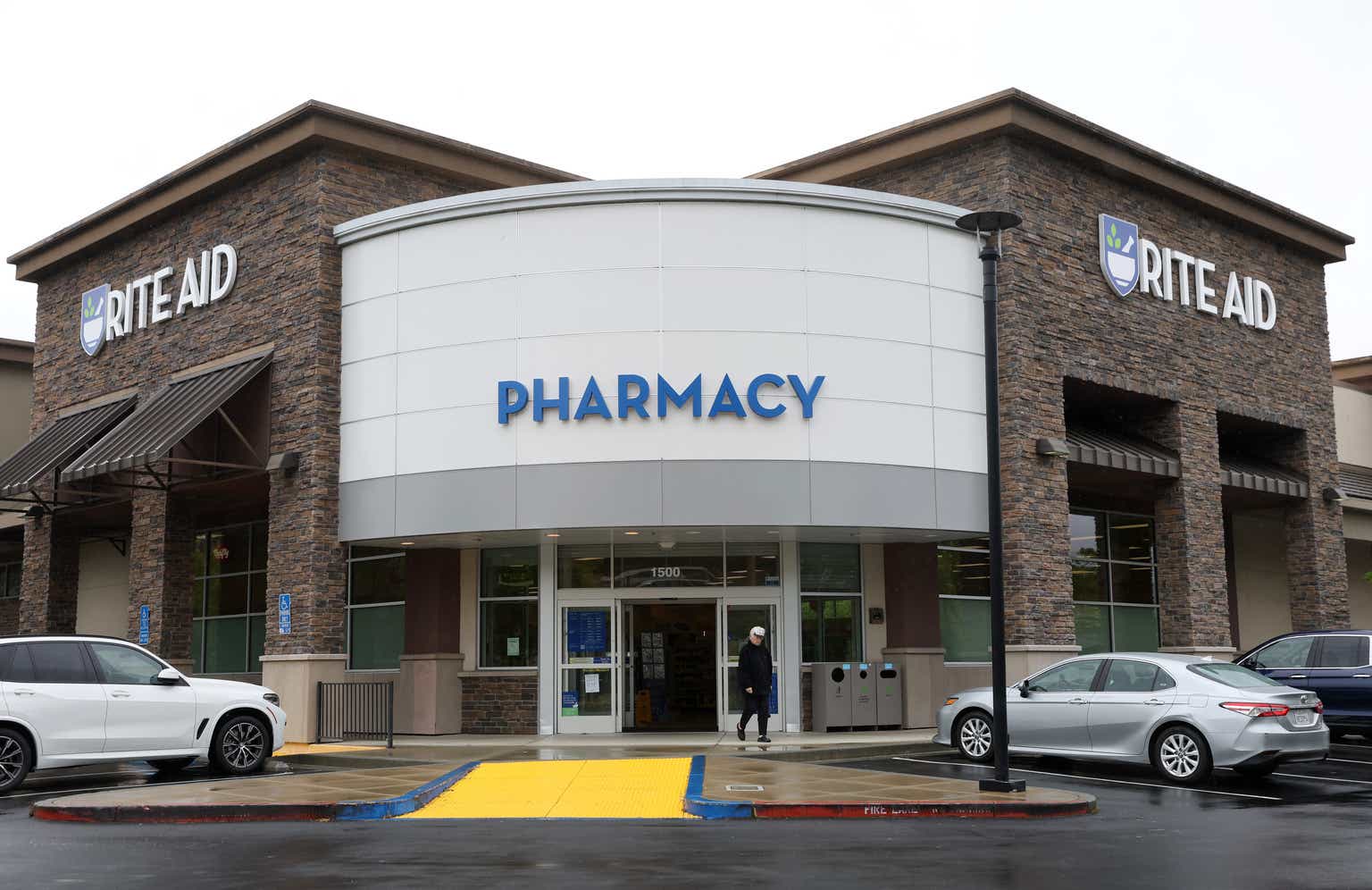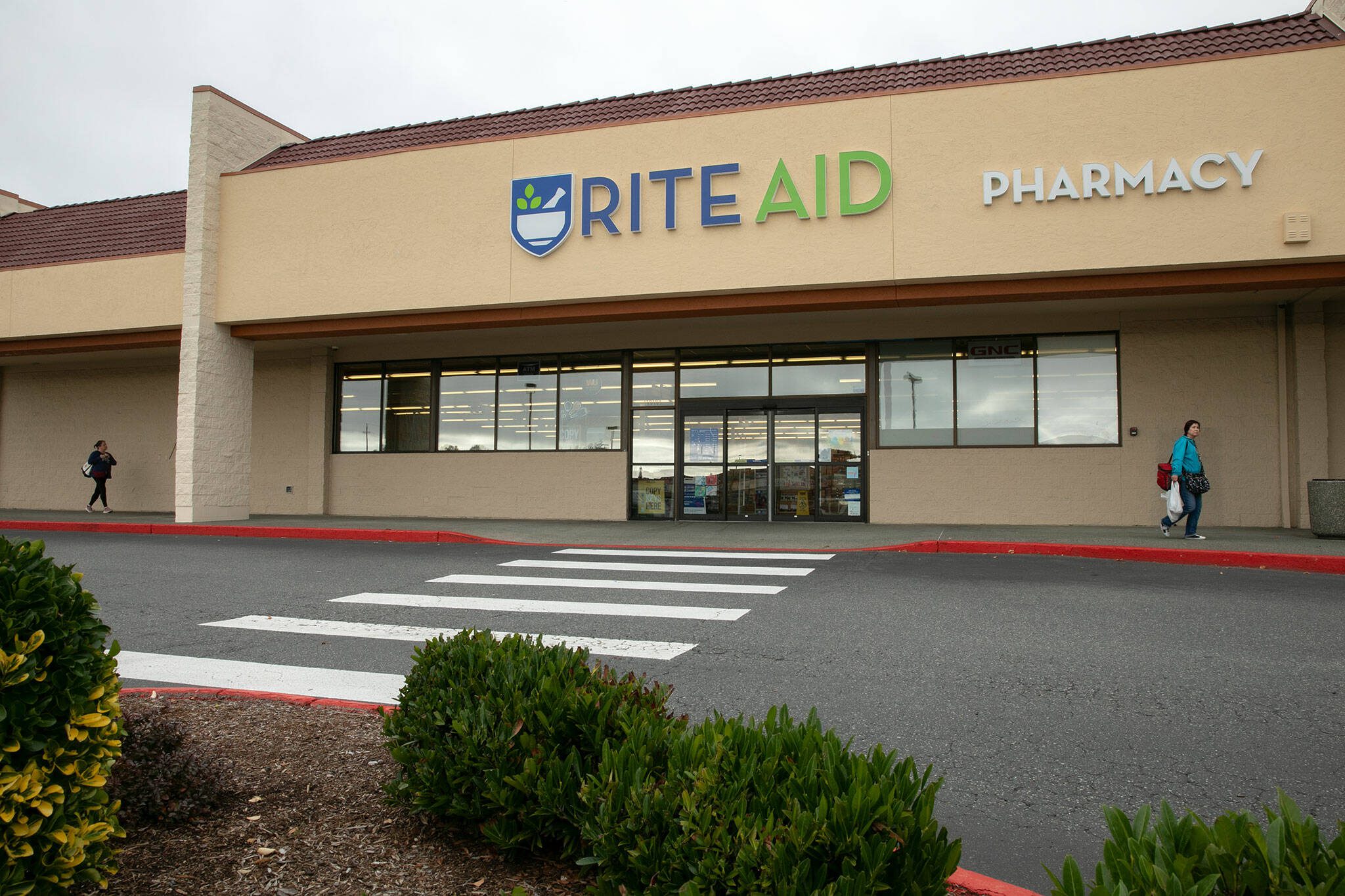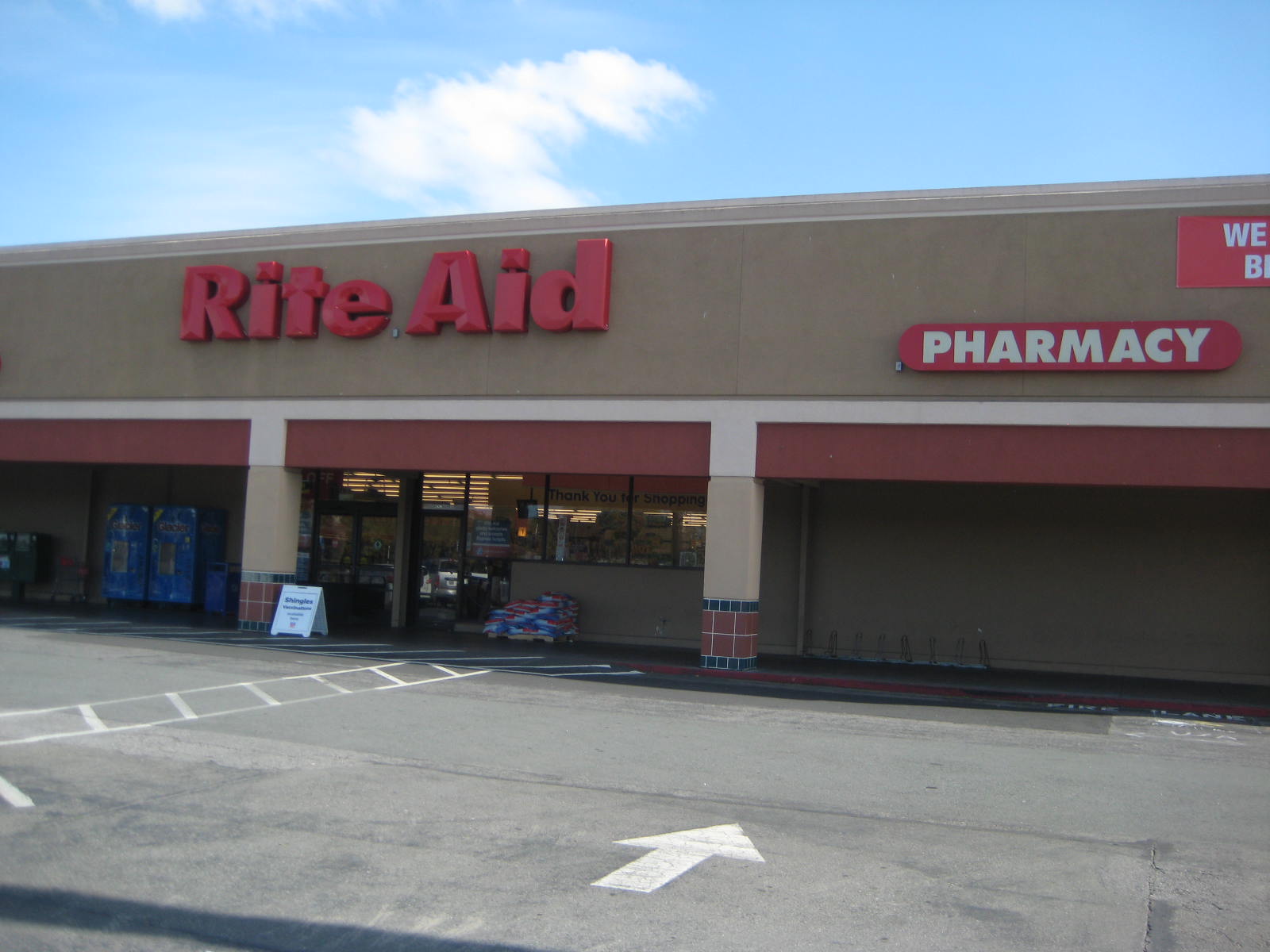Rite Aid On 40th And Market
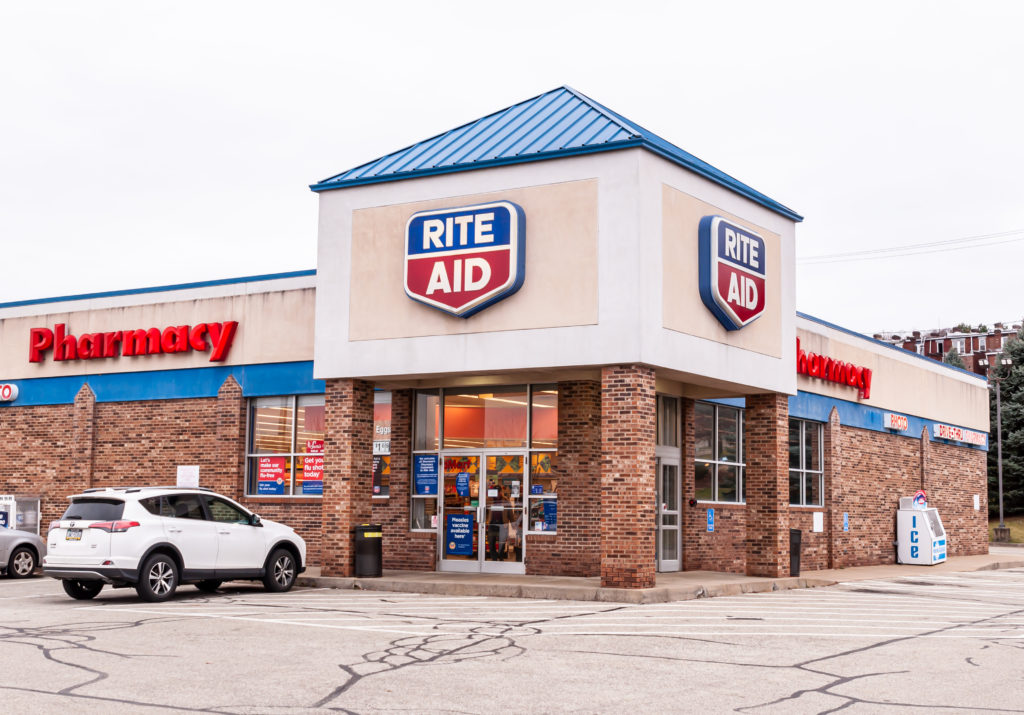
The Rite Aid at the corner of 40th and Market Streets in West Philadelphia, a fixture for decades, stands as a stark symbol of the challenges facing urban pharmacies. Its shelves, once brimming with health and household necessities, are now noticeably sparser, a reflection of the company’s well-documented financial struggles and the increasing pressures on the retail pharmacy model.
This isn't just about a single store. It is a microcosm of the wider issues impacting communities reliant on these pharmacies for vital services.
The future of this specific Rite Aid, and others like it, hangs in the balance, sparking concerns among residents, local leaders, and healthcare professionals alike.
The Rite Aid at 40th and Market operates as more than just a place to pick up prescriptions. It is a community hub offering crucial healthcare access and vital supplies to a diverse and often underserved population. The store's precarious situation, stemming from Rite Aid's Chapter 11 bankruptcy filing, highlights a broader crisis in accessible healthcare and the economic strains impacting urban retail. Understanding the factors contributing to this situation, the community’s response, and the potential impact of the store's future is essential to navigating the challenges facing pharmacies in urban environments and ensuring continued access to essential services for those who depend on them.
The Impact of Rite Aid's Bankruptcy
In October 2023, Rite Aid filed for Chapter 11 bankruptcy protection, burdened by debt and facing numerous opioid-related lawsuits. This has had a ripple effect on its store network, including the 40th and Market location.
Store closures have become a reality, with Rite Aid aiming to reduce its footprint and restructure its operations. Official court documents detail the ongoing process of evaluating store performance and determining which locations will be shuttered.
The 40th and Market store has not yet been officially slated for closure, but the possibility remains a significant concern for the community.
Community Concerns and Healthcare Access
The potential loss of the Rite Aid at 40th and Market raises serious concerns about healthcare access for nearby residents, particularly seniors, low-income individuals, and those with limited mobility. It is more than a pharmacy; it is a point of contact for pharmaceutical needs.
"This Rite Aid is essential for many of my constituents," stated City Councilmember Jamie Gauthier in a public statement. "Its closure would create a significant hardship, forcing residents to travel further for medications and healthcare supplies."
The store also provides access to over-the-counter medications, health products, and essential household items, especially for those who do not have easy access to transportation.
The Broader Context: Challenges Facing Urban Pharmacies
The struggles faced by the Rite Aid at 40th and Market are not unique. Urban pharmacies are facing a confluence of challenges, including declining reimbursement rates from insurance companies. This leaves them with smaller profit margins.
Increased competition from large chain pharmacies and online retailers further exacerbates the financial strain, according to a 2022 report by the National Community Pharmacists Association (NCPA).
Rising operating costs, including rent, utilities, and security expenses, also contribute to the challenges of operating a pharmacy in an urban environment, especially for businesses like Rite Aid.
Community Initiatives and Potential Solutions
In response to the uncertain future of the Rite Aid at 40th and Market, community leaders and residents are exploring potential solutions to ensure continued access to pharmacy services. One idea is partnering with other pharmacies.
Advocates are pushing for increased government support for independent and community pharmacies. This would help them offset the financial pressures and continue serving their communities.
Some residents have also explored the possibility of establishing a community-owned pharmacy or partnering with a non-profit healthcare provider to ensure continued access to essential medications and healthcare services.
The Role of Local Leadership and Advocacy
Local elected officials, community organizations, and healthcare advocates play a crucial role in advocating for the needs of residents and ensuring access to essential services. Councilmember Gauthier has been vocal about the importance of the Rite Aid at 40th and Market.
"We are working with Rite Aid and other stakeholders to explore all possible options to keep this store open or find a viable alternative," Gauthier stated.
Community organizations are also mobilizing residents to voice their concerns and demand action from Rite Aid and local officials.
Looking Ahead: The Future of Pharmacy Services
The situation at the Rite Aid on 40th and Market serves as a wake-up call about the challenges facing urban pharmacies and the potential consequences for communities. New models of delivering pharmacy services are needed.
Telepharmacy and mobile pharmacy services are emerging as potential solutions to address the challenges of access and convenience. They can also help provide services that might not be accessible otherwise.
Ultimately, ensuring the future of pharmacy services in urban communities will require a collaborative effort involving pharmacies, policymakers, healthcare providers, and residents to ensure that the critical role of businesses like Rite Aid is not undermined.

